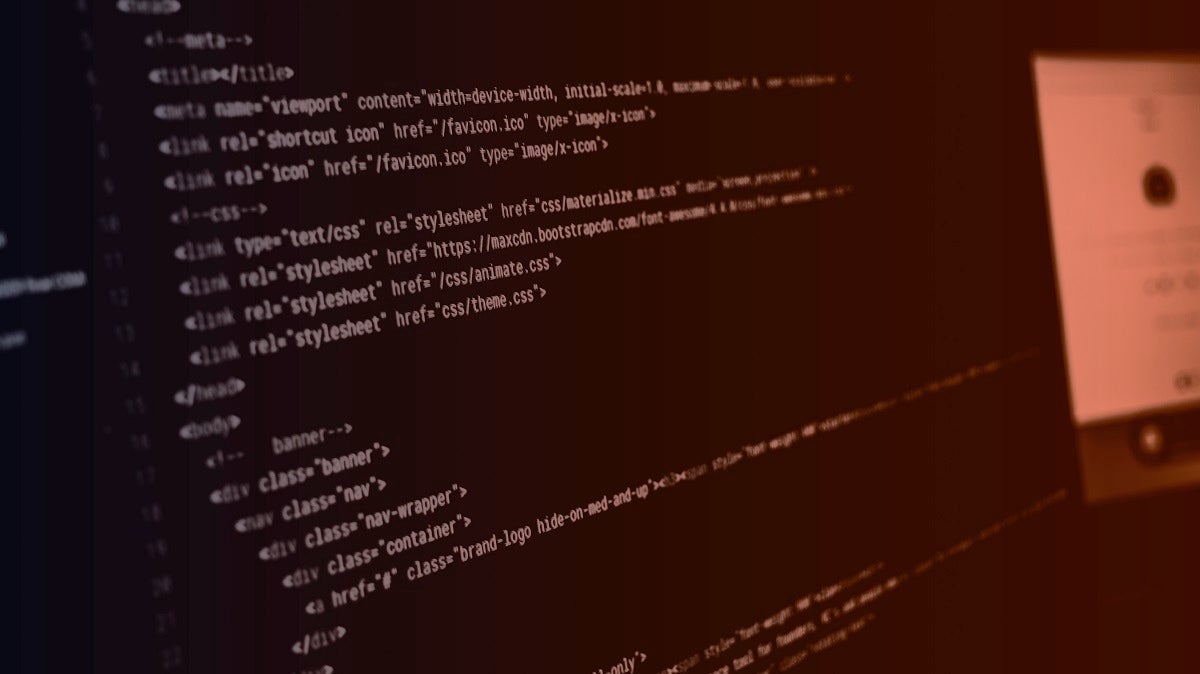Fewer than half of all employees have a great deal of trust in the workplace, but organisations that get it right can benefit enormously.
The 2019 Edelman Trust Barometer found employees who trust their employer are better engaged, and remain more loyal and committed than their more sceptical peers.
Meanwhile, Accenture research examining the workforce data practices that most influence employees’ levels of trust in the workplace reveals a financial imperative. If organisations adopt irresponsible data analytics strategies, they risk losing more than 6 per cent of future revenue growth.
Conversely, businesses that effect responsible data strategies could benefit from increased trust, translating to 6.4 per cent of future revenue growth globally, with industries such as health and travel gaining a boost of more than 8 per cent.
Here are five key ways to build trust in the workplace.
1) Give employees more control and ensure data security
When the General Data Protection Regulation was introduced across the European Union in 2018, it enshrined basic principles empowering people to discover what data is held about them and even request its erasure.
But legal regulation and trust in the workplace don’t necessarily go hand in hand, and the trust factor can be amplified by going beyond the legal requirements.
“The number-one action that matters most to building trust through the responsible use of workforce data is to ask permission,” says Ellyn Shook, chief leadership and human resources officer at Accenture.
“Workers see the opportunity in sharing data, but are understandably wary, particularly in light of data breaches they hear about or may have experienced personally.”
Asking employees if they want to share their data each time it is collected in exchange for certain benefits that improve their performance, wellbeing or safety can make a difference. Accenture’s research, Decoding Organizational DNA, found that 92 per cent of employees are open to this.
And new capabilities such as blockchain could be “transformational” in their impact on HR, says Chris Murray, leader of PwC’s global technology network.
As well as giving employees a comprehensive, trustworthy record of their education, skills, training and performance, it can enhance cybersecurity and fraud prevention. “Blockchain presents a way to use technology to win back lost trust,” according to PwC.

2) Be open and honest about data analytics and usage
In an age when organisations can track almost all employee activity, through video and audio surveillance, wearable devices, GPS tracking, internet and email use, it is unsurprising some employees lack trust in the workplace.
The HR Technology Conference in Las Vegas this month unveiled no fewer than 80 new tech products, spanning advanced analytics and employee health intelligence, to employee engagement and diversity tools powered by artificial intelligence (AI).
In our tech-led HR environment, “companies need to be open and honest about data usage”, cautions Rachel Botsman, trust fellow at the Saïd Business School, University of Oxford. “Trust issues fundamentally come from human concerns around risks, expectations and control,” she adds.
“I see many companies jump to the technical solutions without understanding what their employees are genuinely concerned about with workforce data.
“The most critical action businesses need to take when it comes to trust and data is to be very clear about their intentions. Why are they keeping this information? Who is in control? Most trust issues arise when neither of these questions is adequately addressed.”

3) Replace top-down approaches with genuinely shared responsibility
As the media landscape has shifted, with trust held not only by traditional outlets, but the advent of news delivered through social networks, so too has the wider business world.
Although trust in Facebook dropped 68 per cent following last year’s Cambridge Analytica data scandal, when it was revealed the company harvested millions of people’s personal data without their consent and used it for political advertising purposes, the move away from a top-down hierarchy of trust is a hallmark of the 21st century.
In an HR capacity, the same principle of “distributed trust” can apply, argues Saïd Business School’s Ms Botsman. “The phrase ‘building trust’ sends a signal that trust is something physical and businesses are in control,” she explains. “But employees decide whether they give their trust to a business.”
On a practical level, this means involving people in designing systems and putting in place executives who are accountable for ethical workplace data initiatives and can evaluate any impact on employees and society.
Training employees how to use data and AI, and encouraging them to challenge systems and give feedback is empowering.
“Listening to and involving people is part of infusing a culture of trust. Gone are the days of ‘managing’ people, rather we need to collaborate and co-create with them,” adds Accenture’s Ms Shook.

4) Be clear about the benefits of data analysis and business intelligence
As Accenture found, data collection and analysis is better received by employees when there is a distinct benefit to them.
Where career progression is concerned, data can be used to personalise training programmes, while that same data can be used to ensure employees use their skills to the full, bolster creativity and design more productive teams.
An example is Cisco’s Talent Cloud, which combines internal employee data, predictive analytics and market intelligence to create more dynamic teams, with people allocated to the right job.
At Accenture, Ms Shook adds that the professional services company’s Specialisation at Scale initiative uses employee data and intelligent technology to the same end.
“With nearly 500,000 employees, we need a robust and agile way to ensure the right team, with the right skills, is ready at the right time to serve our clients and spark innovation,” she says.
“In pilot programmes, our people confirmed that this new analytics engine identified their specialisations correctly 93 per cent of the time.
“As it relates to the responsible use of their data, the clear benefit to them is their capability and credentials are clearly articulated and visible; something they are proud of and that enables them to be staffed more easily and quickly on projects which showcase their strengths.”

5) Ensure HR practices involving AI are transparent and explainable
A global study on trust in the workplace by EY notes one of the top factors cited as very important is equal opportunity for pay and promotion for all people regardless of differences, such as gender, country of origin and thinking style, as well as a diverse environment.
This is critical as more HR practices are moving to AI-based technology, in which one of the key issues is that all algorithmic systems are based on existing data.
If the existing data is biased – a strong possibility as more than 180 human biases have been scientifically classified – then any predictions and recommendations will be too.
A team from Massachusetts Institute of Technology and IBM is tackling the issue to ensure AI systems are trustworthy and trained with unbiased data, and is developing algorithms that can be easily explained.
Francesca Rossi, AI global ethics leader of IBM Research, says: “Most current AI systems are biased, but we believe in the next five years that bias in AI will be tamed and eliminated.
“Only a diverse and inclusive approach can help shape AI in a way that is both trustworthy and beneficial, besides being smart.”
For example, systems assessing fair pay will compare an employee to peers, but may not understand issues of race, location and age, while systems that analyse job fit may institutionalise discriminatory hiring practices.
“There is a major movement in the AI community to make systems ‘explainable’,” says Josh Bersin, research analyst and founder of Bersin by Deloitte people strategy tool. “If you understand why a prediction was made, you can act on it more intelligently.”
1) Give employees more control and ensure data security

2) Be open and honest about data analytics and usage






